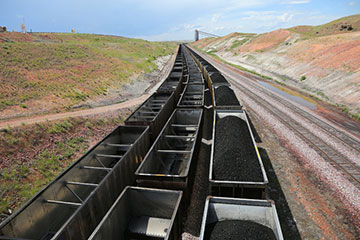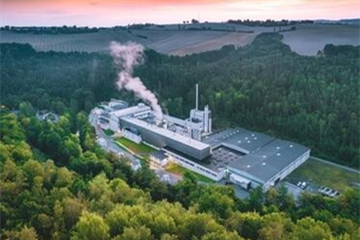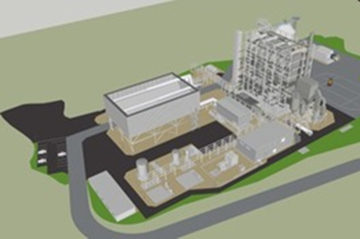Contact us now for your demandinfo@ckic.net
- Products
- Calorimeter
- Elemental Analyzer
- 5E-S32 Series Sulfur AnalyzerNEW!
- 5E Series C/H/N Elemental Analyzer
- 5E-TCN2200 Nitrogen/Protein Analyzer
- 5E-IRS3600 Automatic Infrared Sulfur Analyzer
- 5E-IRSII Infrared Sulfur Analyzer
- 5E-CS3800 Sulfur Carbon Analyzer
- 5E-CS3700 Inorganic Carbon Sulfur Analyzer
- 5E Series Fluorine/Chlorine Analyzer
- 5E-DMA3000 Direct Mercury Analyzer
- AA2288 Automatic Cadmium Analyzer NEW!
- XRF Analyzer
- Proximate Analyzer
- 5E-MAG6700 Proximate Analyzer - TGA
- 5E-MAC6710 Proximate Analyzer - TGA
- 5E-MACIV Proximate Analyzer - TGA
- 5E-MVC6700 Automatic Volatile Matter Analyzer
- 5E-MW6520 Automatic Moisture Analyzer
- 5E Series Muffle Furnace
- 5E-MW6513 Automatic Moisture Analyzer
- 5E-MIN6150 Mini Moisture Oven
- 5E Series Drying Oven
- 5E-MW Series Automatic Moisture Analyzer
- TGM226 Automatic Moisture AnalyzerNEW!
- MA27 Series Automatic Moisture and Ash AnalyzerNEW!
- Ash Fusion Determinator
- Coking Coal Indices Determinator
- Hardgrove Grindability Index Tester
- Sample Preparation Equipment
- 5E-SDCSIII Dust-Removing System
- 5E-PA Series Sample Preparation Combination ApparatusNEW!
- 5E-APS Automatic Sample Preparation System Pre-sale
- 5E-HCB Series Hammer Crusher
- 5E-HCA400×260 Humid Coal Hammer Crusher
- 5E-JCA Series Jaw Crusher
- 5E-DCA250×150 Double Roller Crusher
- 5E-PCM Series Pulverizer
- 5E Series Sample Divider
- 5E-SSB200 Sieving Shaker
- 5E Series Assisting Tools
- Mechanical Sampler
- Management System
- Robotic Intelligent Laboratory System
- Others
- spare parts
- Application
- news
- support
- company
- contact





